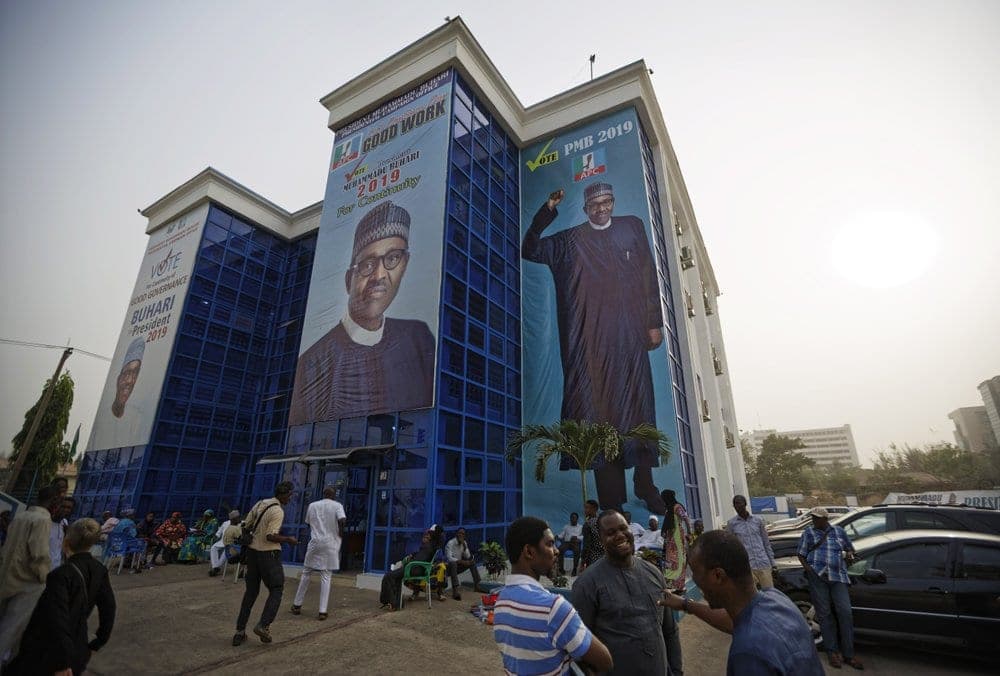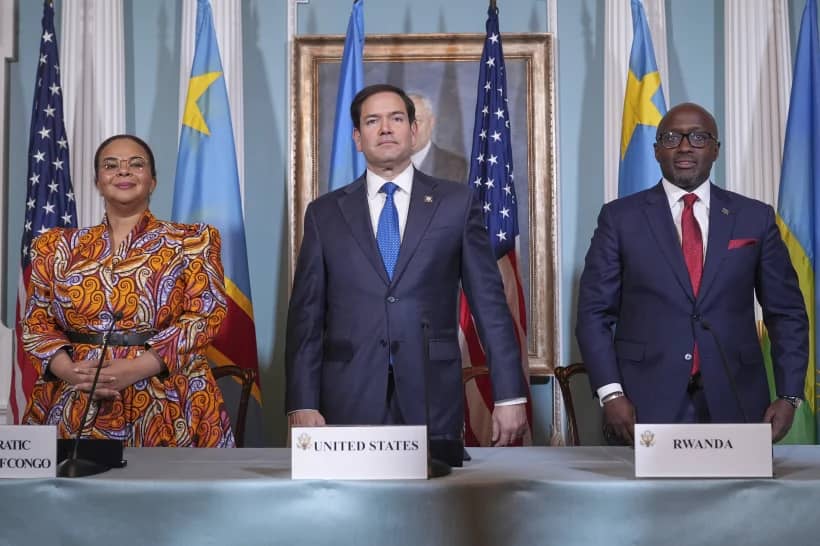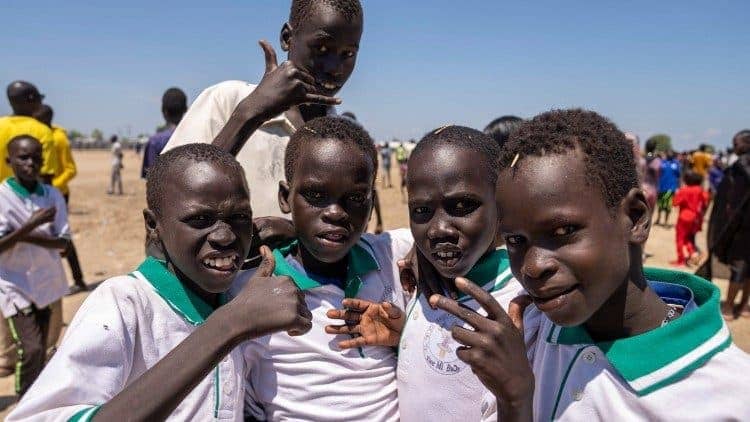YAOUNDÉ, Cameroon – Catholics in Nigeria have been angered by violence between communities in two northeastern states of Africa’s most populous country.
Marauding herdsmen stormed Benue and Taraba states in search of land, pasture and water. At the time, the indigenous Tiv and Jukun communities came together to fight for their ancestral lands.
The herdsmen are primarily Fulani, a Muslim tribal group, while the Tiv and Jukun are mostly Christian or follow indigenous religions.
But beneath that veneer of unity were deep-rooted tensions, that have since exploded into violence.
As recently as July 7, a Tiv community in the Wutkari area of Taraba was attacked and razed by suspected Jukun youths. The attack came just hours after a meeting between representatives of the two state governments that had come together to discuss the emerging crisis.
“The continued fighting is unfortunate because all have been affected,” Father Daniel Yiyeh of the Kastina-Ala Diocese in Benue state told Crux.
He said mistrust between the two communities had caused development activities to grind to a halt as people continue to “run around helter-skelter.”
“There are no economic activities, as the famous yam market in Wukari has shut down. Farmers have been displaced in the area with the attendant threat to food security.”
Yams are a staple of the Nigerian diet, and the country produces over 70 percent of the world harvest.
The Wukari market is one of the largest in northeast Nigeria, and has traditionally brought together people from all over the country.
Father Maurice Kwairanga of Yola Diocese said the Tiv-Jukun conflict is “over control of land and other natural resources,” but has led to “the destruction of lives and property.”
Father Solomon Dankaro told Crux that both communities have suffered heavy losses – both human and material.
“It has retarded the growth, progress and development of the area. Above all, it has opened a crack in their relationship that has allowed a third party to exploit it,” Dankaro said, referring to the nomadic herdsmen.
The priest said the conflict was fuelled by the fear that one community would achieve dominance over the other.
“Each group wants to assert itself and its presence, hence any little misgivings by the other is not viewed holistically and dealt with on its merits but hastily generalized,” Dankaro explained.
He said political and ethnic identities have been insulted, with the Tiv people claiming grievances.
“In some traditional Tiv occupied places in the same Wukari, only Jukuns are High Chiefs and the Tiv are aggrieved because they are not even allowed to contest for elected political offices,” the priest said.
Such ethnically-charged animosity seems to reflect the larger ethnic divides in Nigeria.
But far from being a curse, the Catholic Church has always argued Nigeria’s ethnic diversity, with more than 250 ethnic groups, should be a blessing.
“Ethnicity ought not to be a problem in Nigeria. There are Jukun, Etulo and Nyifon communities living in peace in areas of Benue State that is predominantly Tiv, and they have continued to live in peace despite the situation in Wukari,” Yiyeh told Crux.
Kwairanga added that tribal diversity should “serve to enrich us rather than divide us.”
“Tribal groups should not just be recognized but given opportunities to realize their potentials,” he said.
But the Tiv-Jukun conflict has continued to fester, with the priests now blaming the lack of political will for the continuing crisis.
“The lack of will by the government to implement earlier terms agreed by both groups is a huge challenge. Whatever efforts are made for peace will be insignificant if the government does not have political will to do its bit,” said Dankaro, who is of Wukari origin.
He underscored the need for stakeholders to come up with peacebuilding and trust-building processes between the two groups.
Dankaro also said finding employment for young people will help keep them away from violence.
“Both parties must realize they need each other now more than ever before. Creating job opportunities for the army of jobless youths in the area is critical. This can be done by actualizing the huge agricultural potential of the Benue valley,” the priest said.
Earlier this month, President Mohamadu Buhari expressed concern over the ethnic rivalries across the country. The Nigerian leader said in a July 1 statement that he had begun consultations for an inclusive stakeholder committee that will address issues that fuel communal conflicts across the country.
Speaking specifically to the Tiv-Jukun conflict, the presidential spokesperson said Buhari “is disturbed by communal clashes that have destroyed many lives and property, altered the destinies of families, and raised the profile of insecurity in the country by promoting generational tensions.”
During his first term, Buhari, a Muslim, came under fire from Catholic leaders for his alleged inaction against the Fulani herdsmen attacking predominantly Christian communities in the country.
The July 1 statement said the president “believes Nigeria’s cultural diversity remains her greatest strength when properly harnessed and harmonized with a collective vision for unity, peace and shared prosperity, urging more patience as the government identifies and works towards creating more understanding.”
Crux is dedicated to smart, wired and independent reporting on the Vatican and worldwide Catholic Church. That kind of reporting doesn’t come cheap, and we need your support. You can help Crux by giving a small amount monthly, or with a onetime gift. Please remember, Crux is a for-profit organization, so contributions are not tax-deductible.
















